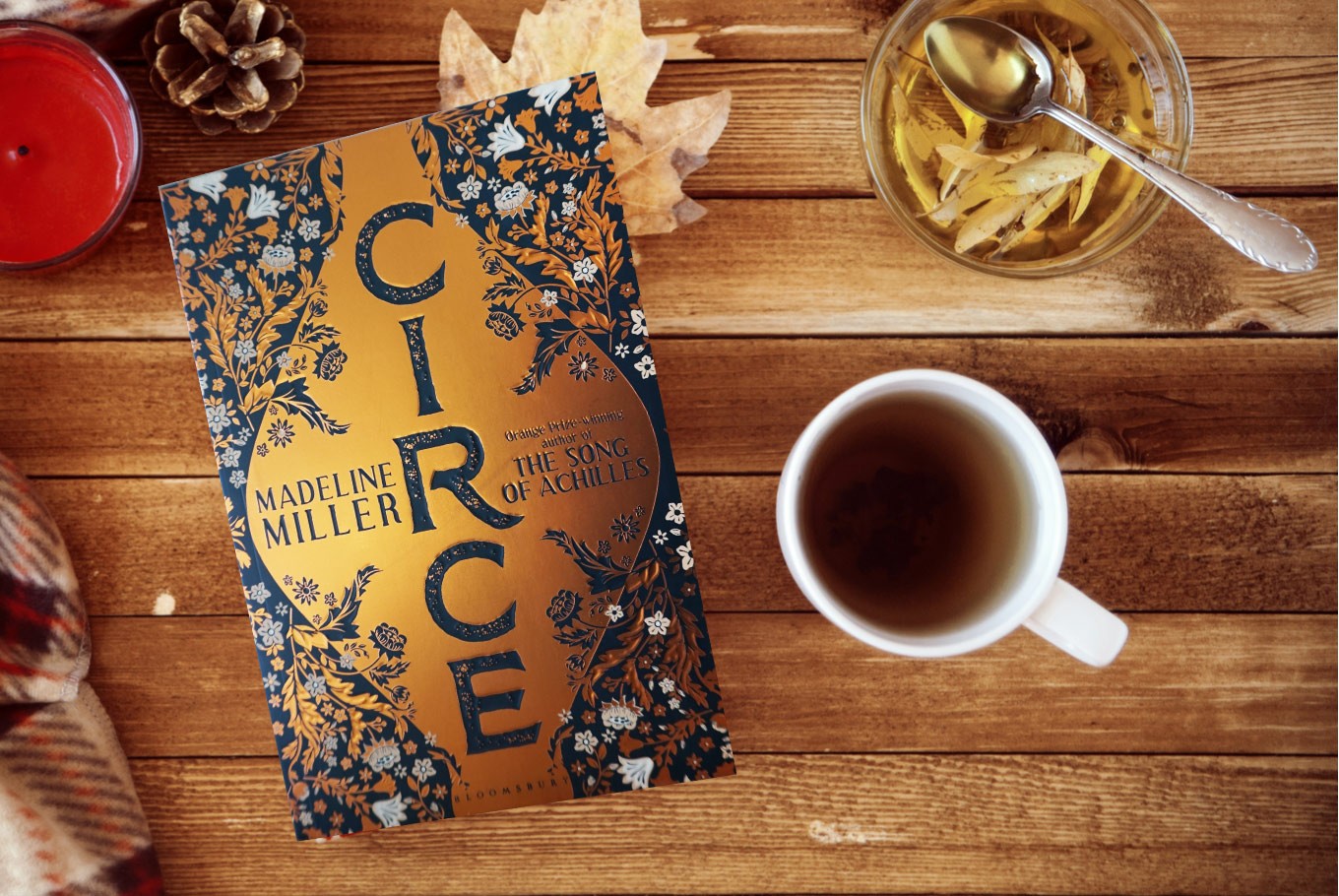Popular Reads
Top Results
Can't find what you're looking for?
View all search resultsPopular Reads
Top Results
Can't find what you're looking for?
View all search resultsBook Review: 'Circe' weaves female perspective into Greek mythology
Madeline Miller’s newest book Circe tells the stories about the women often forgotten in epic tales.
Change text size
Gift Premium Articles
to Anyone
S
ongs are all about heroes, or more specifically: male heroes. Madeline Miller’s newest book Circe tells the stories about the women often forgotten in epic tales.
Circe is a minor god who appears in the Odyssey by Homer. In the story, Circe uses her magic to turn Odysseus’ companions into pigs. The quick-witted hero manages to win Circe’s appeal and turn his companion back to humans. The crew stays in Circe’s home and Odysseus and Circe become lovers.
Greek mythology is no stranger to Miller, as her debut book The Song of Achilles also tells the story of the hero Achilles and his relationship with Patroclus. The bold approach earned her the Women's Prize for Fiction in 2012, then named the Orange Prize for Fiction.
As a title character in Miller’s book, the story of Circe is fleshed out in details. Born as the first daughter of sun Titan Helios and naiad Perse, Circe is unwanted for her bland appearance and squeaky voice. Struggling to find a place among the gods and goddesses, Circe breaks a taboo and finds herself exiled on an isolated island as a punishment.
Alone, Circe hones her witchcraft, giving herself a power and an identity she longs for. In her exile, she bonds with the messenger of the gods, Hermes, so-called wonder among humans, Daedalus, and finally, the strayed hero Odysseus.
Read also: Book Review: Neil Gaiman revamping old tales in 'Norse Mythology'
Miller’s prose is lyrical without being overwhelmingly poetic, a trap easy to fall for in retelling classics. The plot unravels slowly, an apt choice as Circe, a goddess, lives for far too many centuries. Through the pages, we witness the course of Circe’s life, the decisions she makes, the stories that happen to the other gods and humans, and her internal struggle. The combination is a page turner indeed, but Circe is a great book not only because of its plot and prose.
As for the witch goddess, other female characters in the story are given the stage to be more than just background characters in a male-centered epic. Miller does this skillfully and subtly, weaving in female perspective in a classical story which forces us to reexamine the way we see the stories in other Greek mythology.
Last year, the translation of the Odyssey by Emily Wilson made headlines as the first by a woman. In the age of #MeToo, Madeline Miller’s Circe is a fitting and astonishingly powerful example on what happens when women get to tell their stories.
Now is the time for Circe’s story. Who knows that tomorrow the bards will sing about female heroes instead. (wng)












